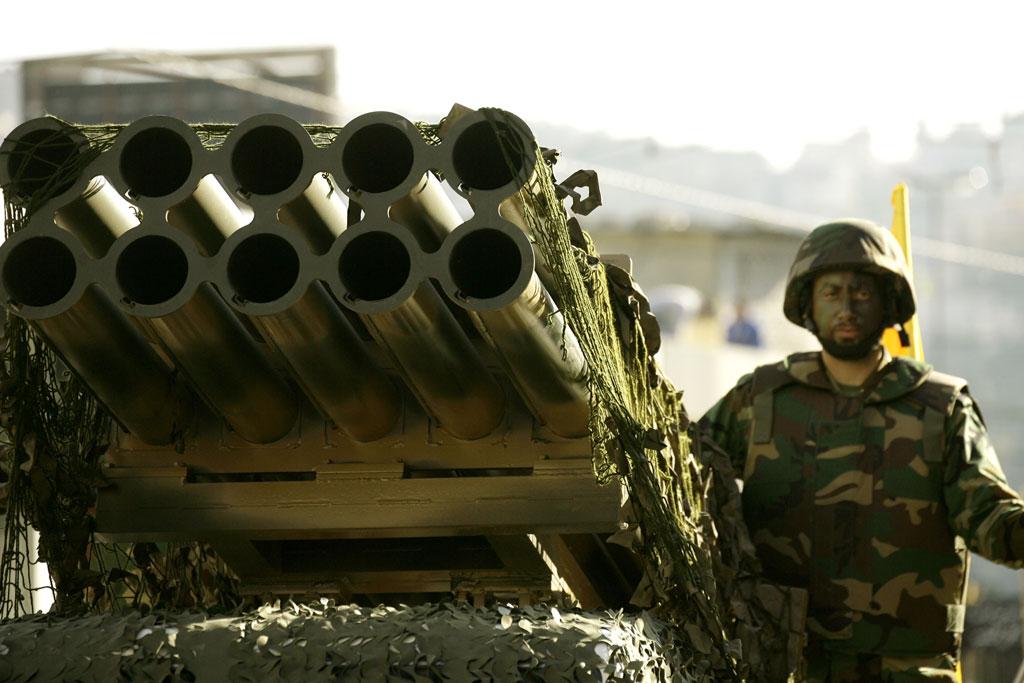The Shia militant group Hezbollah has suggested its fight against Islamic State has given it a common purpose with the West. In an interview with the BBC, Mohammed Fneish, a Lebanese Hezbollah minister, said the Sunni group is bad for Muslims and kills more of them than his party’s original enemy – Israel.
But the fight against this common enemy is unlikely to be sufficient to make Hezbollah and the Western coalition comfortable bedfellows. Hezbollah’s statement and its likely implications for the international effort to stop the advance of Islamic State must not be taken out of the regional context of the Syrian civil war and Muslim sectarianism.
Hezbollah was formed in the early 1980s in response to Israel’s invasion of Lebanon. It has since fought the Israeli Army several times, most recently during the second Lebanon War of 2006. The organisation is formally classified as a terrorist organisation by the United States and the European Union, as well as by the Gulf Cooperation Council (including Saudi Arabia, Kuwait, Bahrain, Qatar and Oman), Australia and Israel.
But as the third largest party in the National Assembly, the Shia group holds significant political and military clout in Lebanon. It’s armed forces are also better trained and better equipped than the Lebanese Army and are used by the Iranian regime as a proxy to deter Israel against a potential attack on Iran’s nuclear sites. Hezbollah’s fighters have also joined forces with Bashar Assad’s forces in Syria to fight against Sunnis in the civil war there.
Same Enemy, Different Goals
Hezbollah’s fight against Islamic State is a local conflict with local dynamics, and its goals and designs are sharply divergent from those set in Washington. Hezbollah is opposed to Lebanon joining the American-led coalition against Islamic State and it fears that the American operation in Syria may damage its sponsors in Tehran and Damascus.
And even the US and much of Europe might welcome any partner they can get to combat the militant group capturing vast swathes of Iraq, they are probably rather unlikely to see a way to make any kind of alliance work with Hezbollah.
In Western capitals the prospect of formally building a partnership with a terrorist organisation in the fight against another terrorist organisation is an unpalatable course of action with unknown consequences.
President Obama’s assertion that removing Assad from power is the first step needed to defeat Islamic State proves just that. Since Assad is Hezbollah’s traditional ally, this essentially puts paid to any meeting of minds. In this case, the enemy of your enemy is not necessarily your friend.
In practice, the Americans provide intelligence to the Lebanese Army, which shares it with Hezbollah, and American drones fly over Hezbollah fighters on the ground in the fight against a common enemy. But there is an absence of commonality in their broader interests that make anything more impossible. Both sides may have the immediate objective of preventing Islamic State from threatening Lebanon but Washington and Hezbollah shouldn’t be expected to converge their polices on other regional issues such as Iran’s nuclear programme or the Israel-Palestine conflict. A common enemy is probably all they will have in this case, not a common mission.
Asaf Siniver does not work for, consult to, own shares in or receive funding from any company or organisation that would benefit from this article, and has no relevant affiliations. This article was originally published on The Conversation. Read the original article.
